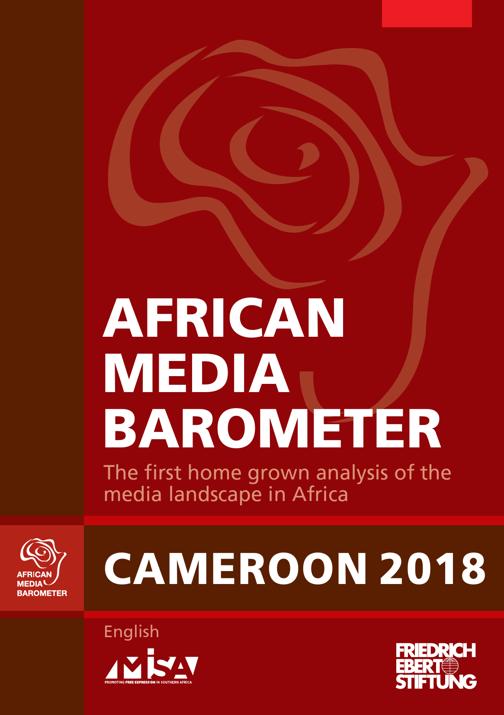Elektronische Zeitschrift
- Gesamttitel
- Jahrgang2018
- DokumenttypJahrgang
- URN
- Das Dokument ist frei verfügbar
- Archiv
Cameroonian authorities blocked internet access in the Anglophone regions for a total of 230 days between January 2017 and March 2018. This sparked social media campaigns by human rights activists who felt strongly that this was a violation of the rights of freedom of speech and of expression by authorities looking to quell citizens� dissent. The internet shutdowns were made possible by a 2015 law that allows government to restrict internet access on its discretion. Journalist Ahmed Aba�s 10-year prison sentence, handed to him after being found �guilty of withholding information from authorities that jeopardised state security�, sheds light on how the repressive laws have impacted the media in Cameroon. This is the first such case in the country as panellists from previous AMBs do not recall a similar incident in which a journalist has been forced to reveal his or her source before the court of law. Rather, intimidation from security forces is what panellists, over the years, reckon to be the primary source of pressure to reveal their sources. Cameroon does not have a broadcasting commission. The National Communication Council, which is a state owned and run entity still plays the role of media regulator in Cameroon since the last AMB. Despite it being put in place due to the lack of an effective self-regulation mechanism by the media, questions still arise over its independence and commitment to civil society.
